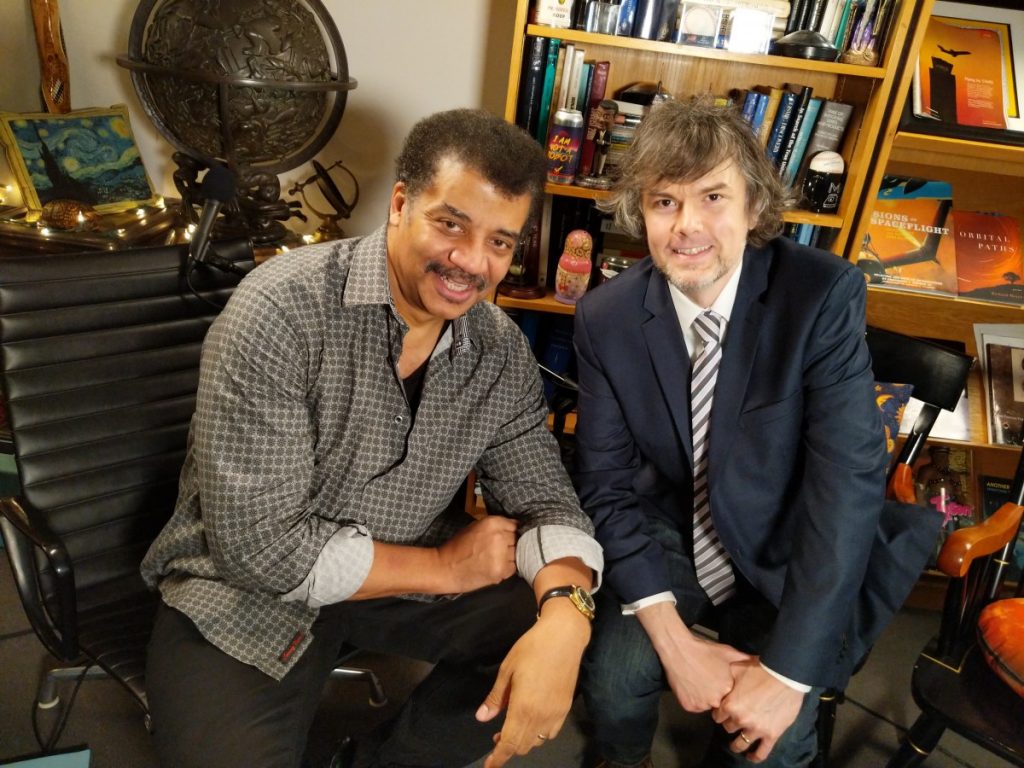An Astounding 90 Years of Analog Science Fiction and Fact: The Fourth Annual City Tech Science Fiction Symposium
Date and Time: December 12, 2019, 9:00AM-6:00PM
Location: New York City College of Technology, 285 Jay St., A105, Brooklyn, NY
Almost 90 years ago, Analog Science Fiction and Fact began its storied history as one of the most important and influential SF magazines with the publication of its first issue under the title Astounding Stories of Super-Science. During that time, its fabled editors, award-winning writers, recognized artists, and invested readers played roles in the development of one of the longest running and renowned SF magazines, which in turn, influenced the field and adapted to change itself.
The Fourth Annual City Tech Science Fiction Symposium will celebrate “An Astounding 90 Years of Analog Science Fiction and Fact.” It will feature talks, readings, and discussion panels with Analog Science Fiction and Fact’s current and past editors and writers, and paper presentations and discussion panels about its extensive history, its relationship to the SF genre, its connection to fandom, and its role within the larger SF publishing industry.
We invite proposals for 15-20 minute paper presentations that explore or strongly relate to Analog Science Fiction and Fact. Please send a 250-word abstract with title, brief professional bio, and contact information to Jason Ellis (jellis@citytech.cuny.edu) by September 30, 2019. Topics with a connection to Analog Science Fiction and Fact might include but are certainly not limited to:
- Histories of the magazine’s editors, writers, and relationship to other SF magazines.
- Relationship of the magazine to the ongoing development of the SF genre.
- Tropes, themes, and concepts in the magazine.
- Issues of identity (culture, ethnicity, race, sex, and gender) in the magazine.
- Writers of color in the magazine.
- Women writers in the magazine.
- Fandom and the magazine.
- Visual studies of cover and interior artwork.
- Hard SF and the magazine.
- Interdisciplinary approaches to studying the magazine.
- STEM and the Humanities bridged in the magazine.
- Pedagogical approaches to teaching SF and/or STEM with the magazine.
This event is free and open to the public as space permits: an RSVP will be included with the program when announced on the Science Fiction at City Tech website (https://openlab.citytech.cuny.edu/sciencefictionatcitytech/).
This symposium is held in partnership with Analog Science Fiction and Fact and its publisher Penny Publications. It is hosted by the School of Arts and Sciences at the New York City College of Technology, CUNY.
The Annual City Tech Symposium on Science Fiction is held in celebration of the City Tech Science Fiction Collection, an archival holding of over 600-linear feet of magazines, anthologies, novels, and scholarship. It is in the Archives and Special Collections of the Ursula C. Schwerin Library (Library Building, L543C, New York City College of Technology, 300 Jay Street, Brooklyn, NY 11201). More information about the collection and how to access it is available here: https://openlab.citytech.cuny.edu/sciencefictionatcitytech/librarycollection/.




